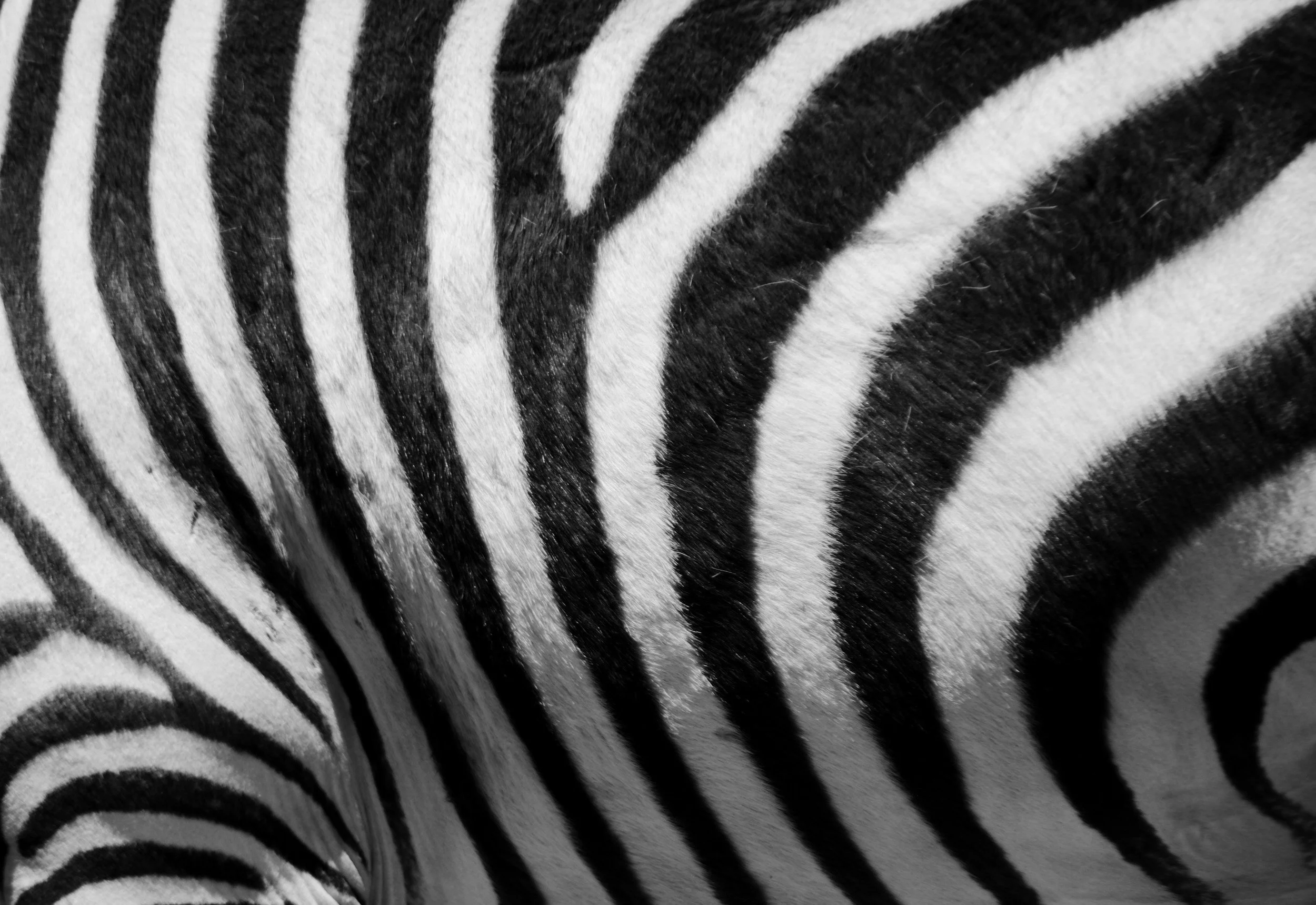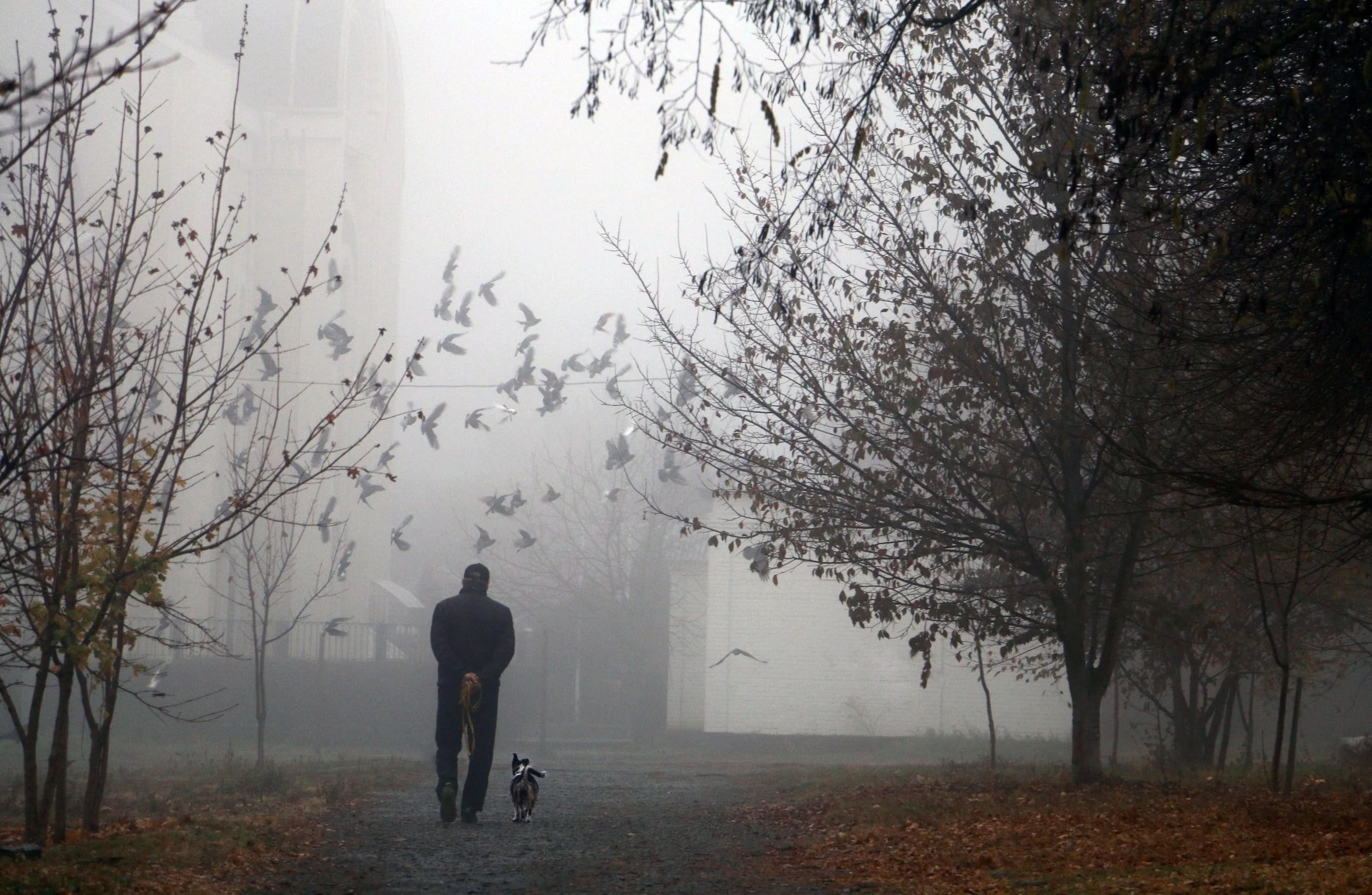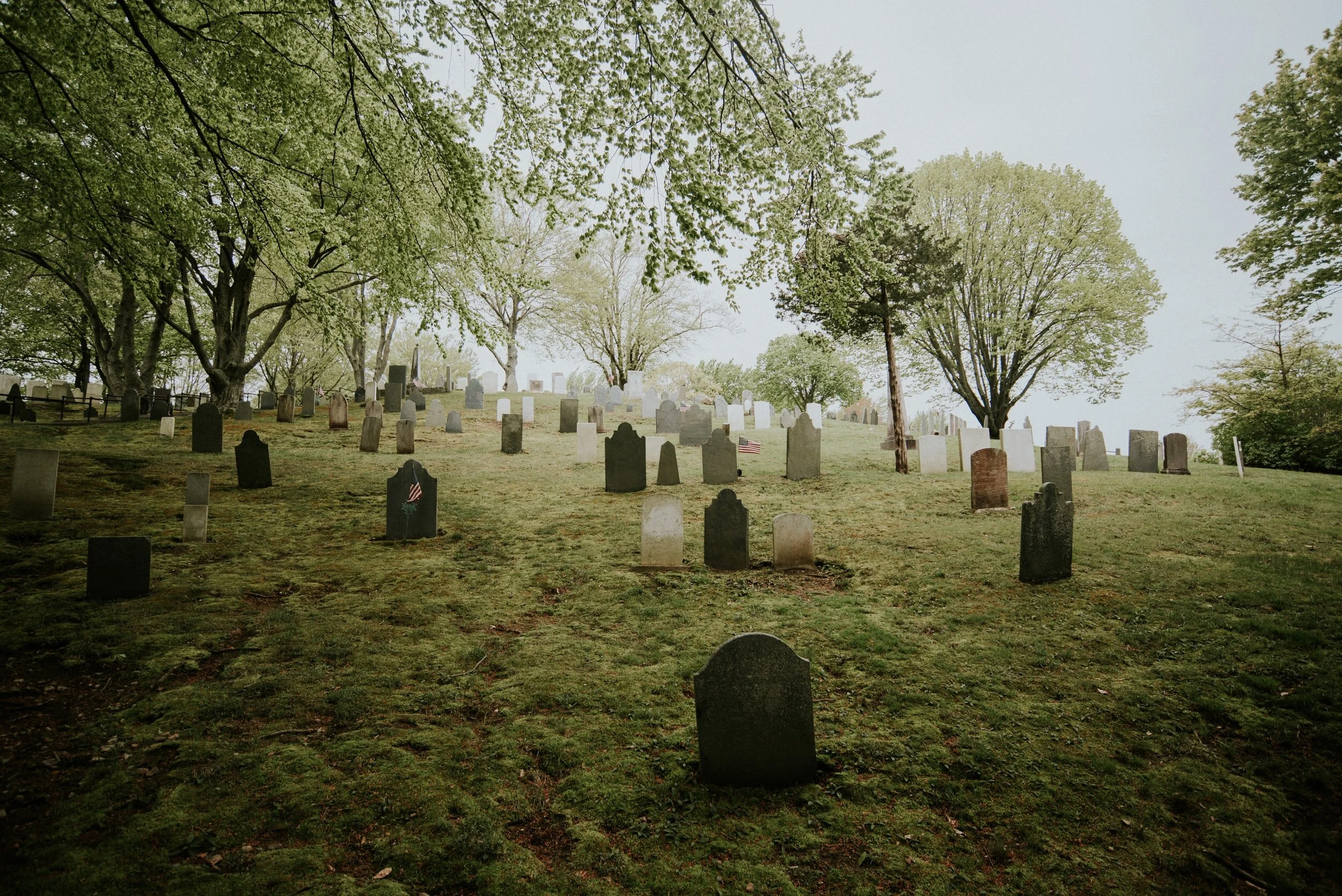The Albedo Effect
“I can’t seem to get out from under it,” I told my therapist.
Every week she asked me how I felt and every week, while, in general things were “fine,” I always told her there was almost always a day, or a couple of hours a day, where despondence grabbed me and wouldn’t let go. It was as if someone, something, was wrestling me and trying to get me to give in, to tap out. We were in different weight classes though. I was the lightweight and the despondence was the heavyweight and I didn’t have any agility or tricks up my sleeve to counteract the weight disparity between us.
Constantly wrestling something drains. I was exhausted; exhausted from trying to get out from under the weight every single day. It’s almost like an addiction, that pull toward giving in and burying myself in blankets. As my therapist reminded me, sometimes it’s okay to give in to the pull. I hadn’t given myself that respite in the weeks and months following my miscarriage (I hadn’t felt it like I did now), so maybe that pull was my body trying to give myself that break. Maybe, like a bear in hibernation, I needed to burrow, curl in on myself, and figure out a way to save enough energy to survive the winter.
I tried this, but I think this is where there is a difference between depression and giving one’s self space to feel/recover/grieve. That ‘pull’ wasn’t the one of hibernation; I would ‘give in’ to it, but would emerge tired, not yet ready to face the spring. The pull I felt was one of depression, where all I wanted to do was curl up in myself and remain that way for eternity. The initial curling would make me feel better until it wouldn’t. Curling in on one’s self only does so much to counter the brain’s tilt toward sadness. This was a pull that required constant resistance and vigilance to withstand. It felt a bit like trying to swim with clothes on. I could make forward progress, but each stroke cost me. Every movement forward used up my energy stores, so while I counted the progress as a sodden victory, each victory drained me further until all I could do was tread water. I needed something that would help me kick my wet shoes off and free me of my leaden clothes.
*
Albedo is the ability of something to reflect light; the number we give it is the fraction of light that a surface can reflect. I wonder sometimes how much light a human holds versus how much they are able to reflect back into space. It depends on the day, I think. Some days it feels as if I am swallowing light whole in great gasping swallows, a never-ending thirst for light. If I can drink enough, then maybe my insides can be revealed and better understood. A dissection, without the need of a knife. Yet, I find that there is never enough light on those heavy days; those these days when I feel depression’s pull and I am left obscured. An albedo of zero. I reflect nothing. I wonder how much light is needed for a human to be seen? Other days I find myself able to manage the light better and put a little bit more into the earth around me.
Sometimes my chest feels as if it’s a piece of metal with so many dents I wonder if it’s even possible for it to become smooth again. I don't believe a body shop could do anything to fix it; they might say it's beyond repair. Dented metal though, it seems, might be able to better catch the light as it has so many more angles to refract it from, so many more imperfections. Maybe I can reflect more light than I think, an albedo of thirty, maybe, instead of zero. How much of that reflection can reach others?
Each dent was unexpected. Some are bigger than others. The miscarriage, WHAM. The D&C, WHAM. The anesthesia, WHAM. And then there are the thousands of other smaller dents. Other people’s pregnancies, bam. A name you’d saved for your child given to someone else, bam. The joy of your parents with their grandchild which you wish they could give to yours, bam. What was meant to be your due date passing for the third year, bam. Bam, bam. I think about the phrase “death by a thousand cuts” – how bizarre is it that we’ve taken something that describes a particularly brutal form of torture practiced in mid-to-late Imperial China to apply to our quotidian failures – and think that maybe it should be “depression by a thousand dents.”
The power of each of these smaller dents is limited, but together they form a weight that is almost impossible to move. To be clear these dents are no one’s fault, and I do not begrudge anybody any of their joy, but both things can exist together. Pain and joy are just different ways of spelling love, I think.
One definition of ‘depression’ coming from Old French defines it as the ‘angular distance of a star below the horizon.’ This astronomical take on it makes an intuitive sense to me. We are all stars trying to be seen, to shine, to “ignite the fusion of elements in [our] core.” Yet, if we cannot make it above the horizon, no matter how close or far we are from that line of night transitioning to day, it does not matter how brightly we shine; we are not visible. We can be the brightest star in the universe, but if we are not seen, then who can tell us how bright we shine?
The Latin version is perhaps one we are more familiar with, “deprimere,” “to press down, depress.” My metal chest is indented by a thousand tiny depressions then, each dent a weight unto itself. Is the opposite of depress to express? Would that even work I wonder? If I am able to express one of these small depressions, turn it from concave to convex, what impact would that have? I think about the metal on the edges; how it holds the shape of depression and expression and wonder how long it can hold on before it gives out altogether, too exhausted by shifting from concave to convex and back again. I know I tried this as a human. To hold the shape of ‘fineness’, but there’s only so much holding I could do. Maybe there’s hope though in each expression of each depression. The metal would remain, as would the flaws, but maybe there would be a little bit more room for breathing.
These are all the different ways of experiencing depression; all the different ways I experience depression. There is swimming, refraction, stars, metal, and then there is ice.
The lake where we spend our summers freezes completely some years, whereas others it doesn’t. I envision depression like ice, water, and wind. We have videos of the lake in winter when the wind is so strong it pushes the ice onto shore where it piles onto itself, sharp edges upon sharp edges. An echo of the images that cascade one on top of the other in my brain those days I wrestle with the weight; a waterfall of failure, incompetence, sadness, insecurity, and uncertainty. And like the ice, they spear each other without mercy until all that is left is a bank of jagged emotions that splinter against my skin when I press too hard.
In other areas, you can see where the lake hasn’t quite frozen and the water is holding its own against the frigid edges. It does not push so much as gently erode its iced-over neighbor. Or vice versa depending on the external environment, a late fall or early spring. I am the water pushing against the sharp edges of depression. Sometimes I can soften and ‘melt’ its edges. Other days its edges push against me, turning the pieces of me it touches into ice.
Finally, after weeks of being unable to shake the despondence, my therapist recommended trying medication. This was not expected. Granted, who really expects that as they’re approaching forty they will need medication for depression? Was it the un-meeting of expectations that furthered the depression? The malalignment with what my younger self had envisioned as what my late thirties would look like? I don’t know, but what I do know is that when I got home from seeing my therapist, I opened an incognito window (I’m not sure why or who I was trying to ‘hide’ this search from except maybe myself) and I typed in “depression + miscarriage.” While the parameters of my search necessarily filtered the results, this was not a search that came up empty; Google returned 35,000,000 results in 0.38 seconds. I didn’t need to click on any one entry to see what the results were telling me; depression after miscarriage is a thing, and it can be long-lasting. When my therapist first suggested I start taking medication for depression, the timeframe between the inciting event (miscarriage) and the symptoms (depression) seemed a bit of a stretch to me. Could something two-plus years in the past really have an impact on today’s emotional state? Apparently, yes, it could. Academic literaturehighlights this link as well (not just a Google search). While the existence of a body of research linking depression (and anxiety) to miscarriage helped me to explain to myself why I might need the medication, my internal minimizers had also kicked into gear countering this narrative. I had only suffered one miscarriage, as compared to other women who might have experienced multiple miscarriages, why did I think I needed treatment? Was my experience really that bad? While I wouldn’t say I was able to necessarily pacify that jury, they did not stop me from going to the doctor to get a prescription.
It took some trial and error before we found the right dosage, but eventually, I did notice a difference. It wasn’t major, but it felt like my baseline had changed. There were dips, but I was now wrestling something that was in my same class, so when it did overpower me I wasn’t thrown to the ground with quite as much force. And when I did find myself on the ground, I was able to peel myself from the floor with a bit more ease. It still felt, at times, as if I was swimming with clothes on, but in summer clothes rather than winter ones and there were more times of water than there were of ice.
I think the dents in my chest changed a bit too. There are still moments where the divots are deep, pressing into my heart and lungs, stealing air, but I found that I no longer see these dents as depressions, but rather as petite valleys where enough light shines for something new to grow. Sure, in some, cacti may have taken root, but in others, I can see the start of buds and feel that over time, they might be able to become trees that take in pollution from the air and transform it into oxygen. I think of snow’s ability to reflect light into the atmosphere and wonder if there might be something more to be said about a forest’s ability to absorb light rather than reflect it. At times we need to reflect others’ light toward them, but more often than not I think there is something to be said about harnessing the light for our own needs, at least for the time being. If I do that, I wonder if, over time, my metal chest can become a stained-glass window through which the world is shaded in color.
-Rachel Norton
Rachel Norton is a social scientist and writer from Colorado. A voracious reader and a scribbler of random thoughts in notebooks since she was young, she has always been interested in how words can come together to reveal new insights and shape engaging stories. Her writing spans both speculative fiction, which emerged from her love of science fiction and her work in the climate change adaptation world, as well as creative non-fiction which explores the impact of pregnancy loss on women's mental health.
























